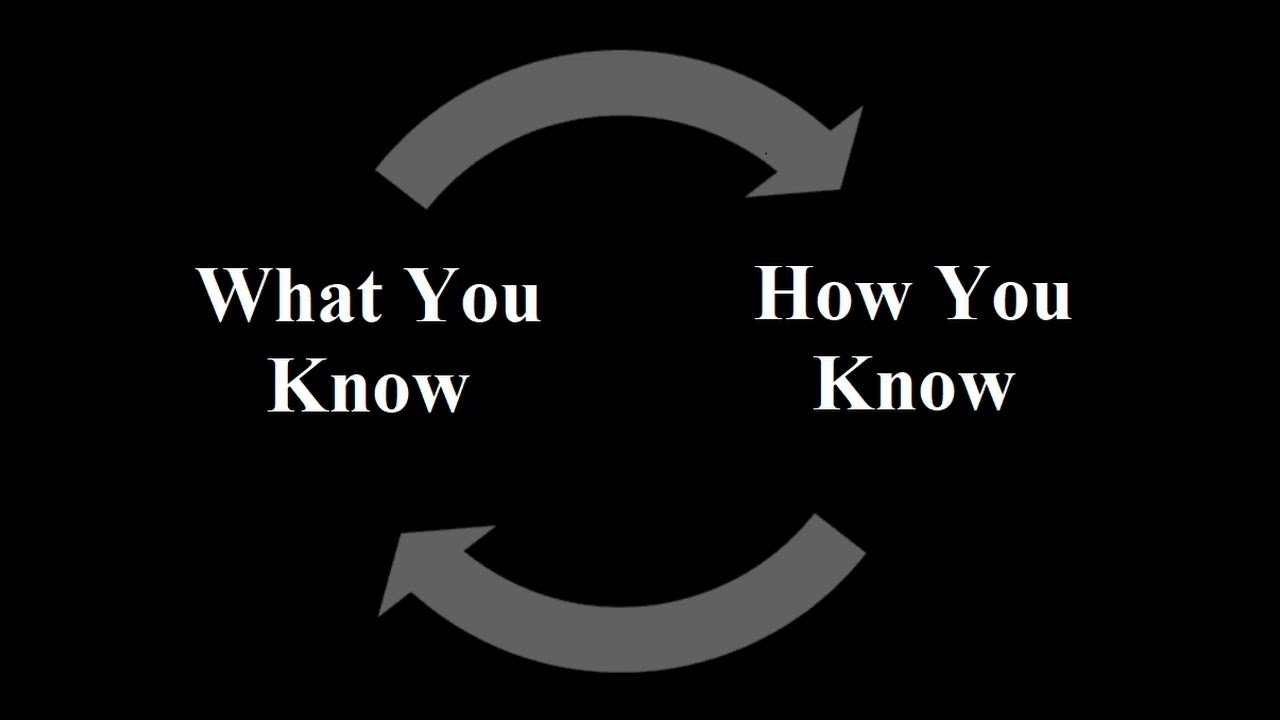
I've got three mind-bending paradoxes that'll make you question everything you thought you knew. I've been down this rabbit hole, and it's fun.
"Another clickbait article promising to change my life?" I am not forcing you, you can stick with me here. Because they've got some serious philosophical weight behind them.
1. The Baron's Boggy Predicament: The Münchhausen Trilemma
You're out for a nice ride in the countryside when suddenly, your horse gets stuck in a swamp. What do you do? If you're Baron Münchhausen, you simply grab your own hair and pull yourself (and your horse) out of the muck. ridiculous, right?
Well, that's exactly the point. This silly story is actually a metaphor for a mind-bending philosophical problem known as the Münchhausen trilemma:
According to this trilemma, it's impossible to prove anything with absolute certainty.
Everything we think we know is built on shaky ground. Let me break it down for you:
Circular reasoning: You're using what you're trying to prove as proof. It's like saying, "God exists because the Bible says so, and the Bible is true because it's the word of God." See the problem?
Infinite regress: You keep asking "Why?" forever. It's like a toddler's favorite game, but with existential dread.
Axiomatic statements: You just declare something to be true without proof. It's the philosophical equivalent of "Because I said so!"
German philosopher Hans Albert came up with this mind-bender in 1968, and it's been giving people headaches ever since. It's like we're all Baron Münchhausen, trying to pull ourselves out of the swamp of uncertainty with nothing solid to stand on.
"The problem here, of course, is that the proposition used to justify the original proposition as true presupposes the original proposition as already being true, or simply restates the original proposition in different terms. This is merely stating something as true. It is not justifying or proving anything."
2. The Chicken or the Egg: The Problem of the Criterion
Alright, let's ask ourselves a seemingly simple question: What do we actually know? And how do we know it?
Sounds straightforward? Wrong. This is where things get really messed up.
American philosopher Roderick Chisholm called this the "problem of the criterion," and it's a real head-scratcher. Here's the deal:
To know something, we need a method to figure out what's true.
But to have a method, we need to know something first.
like a twisted game of chicken and egg. We're stuck in this endless loop.
"How can we know what we know without a method (or criterion) for knowing first? But how can we have method of knowing without knowing anything first?"
3. The Philosophical Progress Paradox
Okay, so if we can't really prove anything, and we don't even know how to start knowing things... what's the point of all this philosophical mumbo-jumbo?
That's exactly what Austrian philosopher Ludwig Wittgenstein asked himself. And his answer? Philosophy, in the traditional sense, is pretty much useless.
That's gotta hurt if you've spent your life pondering the big questions.
Wittgenstein compared philosophers to flies trapped in a bottle, constantly bashing against the sides trying to escape.
Why? To show the fly the way out.
But here's where it gets weird: Wittgenstein was using philosophy to argue against philosophy. It's like using a hammer to smash itself.
So, are we just wasting our time thinking about this stuff?
Maybe not. Check out what physicist Richard Feynman had to say:
"I can live with doubt and uncertainty and not knowing. I think it is much more interesting to live not knowing than to have answers that might be wrong."
That's a pretty badass way to look at it if you ask me.
The Takeaway
Look, I'm not gonna lie to you. These paradoxes are frustrating as hell. Because they don't offer any easy answers.
But maybe that's the point.
Maybe philosophy isn't about finding all the answers. Maybe it's about learning to ask better questions. It's about connecting with others who are just as confused and amazed by this weird, wonderful universe as you are.
So yeah, we might be flies in a bottle. But at least we're in good company.
Keep questioning, keep wondering, and for god's sake, stay out of swamps.
This Post Was Just a Tip of The Iceberg
If you’re interested in how I made four figures writing online with zero prior experience in just 18 months, all while working, then join my free newsletter:
If you want to read more stories like this, join my this newsletter:
Your time means a lot to me, and I promise not to waste it.

Thank you!







